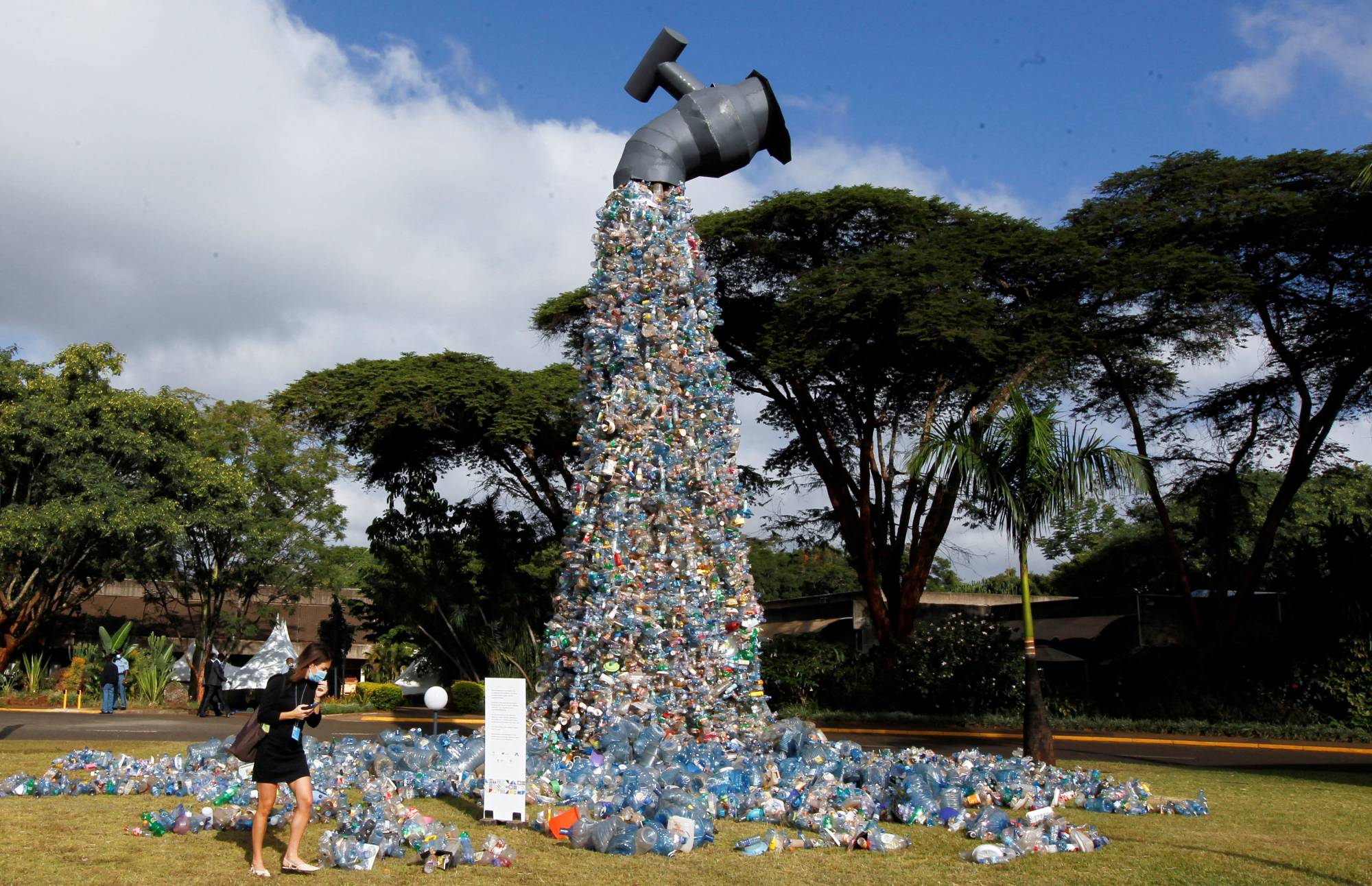When the United Nations agreed on a landmark deal to create the world's first ever global plastic pollution treaty this week, every party was quick to claim a victory, from industry lobbyists to environmental activists. That could spell trouble.
The agreement to finalize such a treaty by 2024, which the U.N. Environment Assembly called "historic" and the most significant green pact since the 2015 Paris climate accord, was drafted in broad strokes.
That's given an intergovernmental negotiating committee the mammoth task of reaching a consensus on key issues such as how to address soaring production of single-use plastic, which is made from oil and is a growth market in petrochemical hubs like the United States, China, Saudi Arabia and Japan.



